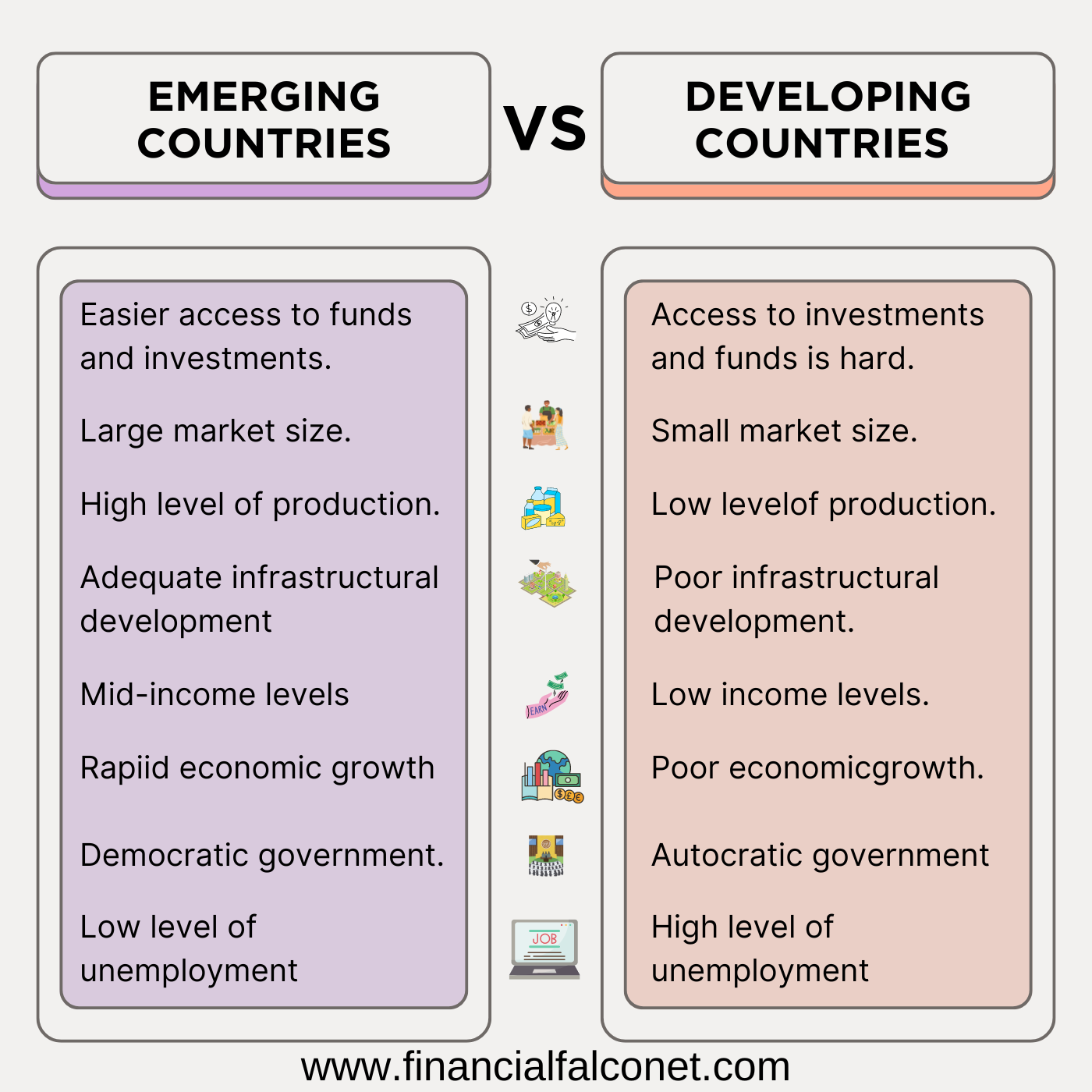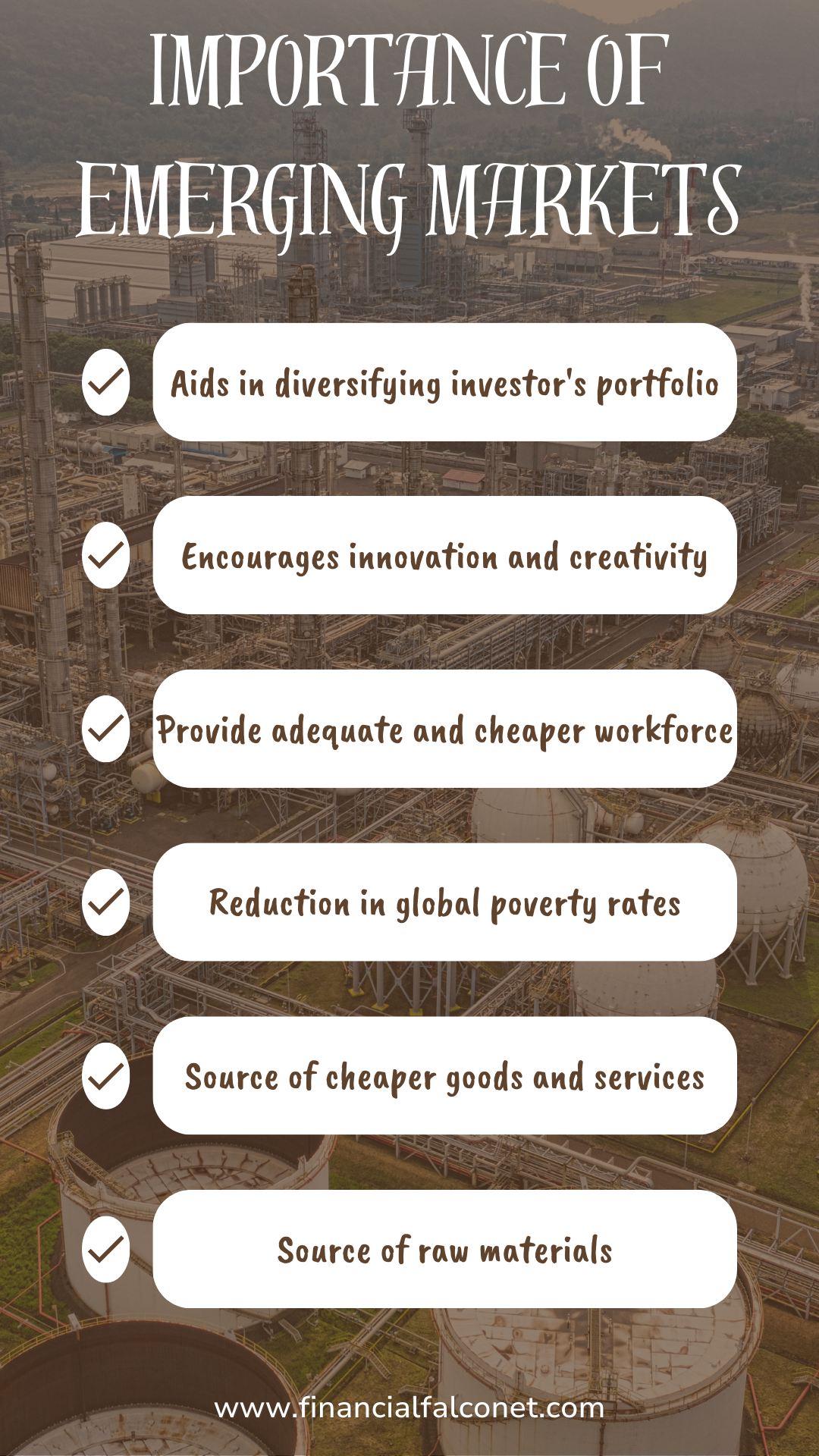What is liberal economics? A liberal view on economy
What is liberal economics? This entails liberal views on the economy that supports the idea of an economic system being governed by individual rights. That is, the government refrains from engaging in commercial and industrial activities and does not interfere with the economic relations between individuals, or entire nations.
In this article, we will be discussing the definition of liberal economics and the core principles of liberal views on the economy.
Related: What is a Liberal Market Economy? Definition and Examples
Liberal economics definition
Liberal economics is based on an economic and political ideology that supports a market economy that is established on individualism and private property in the means of production. Historically, liberal views on the economy arose in response to mercantilism and feudalism. This is also known as economic liberalism which is based on ideas from Adam Smith.

Adam smith’s writing represented the economic expression of 19th-century liberalism up until the Great Depression and the rise of Keynesianism in the 20th century. Liberal economic views advocate a restrained fiscal policy and a balanced budget through measures such as reduced government spending, deregulation, low taxes, and minimized government debt. Others include free trade, tax cuts, privatization, opposition to trade unions, and labor market flexibility. An economy that is managed according to these policies may be described as a liberal economy.
Liberal economic policy
Liberals economic policy is associated with private ownership of capital assets and free markets. Economic liberals oppose protectionism and government intervention in the market economy that hinders free trade and competition. However, they tend to support government intervention where it opens new markets or funds market growth, protects property rights, and resolves market failures.
The liberal economic policy supports free trade and an open economy. Hence, it is opposed to non-capitalist economic orders and planned economies, such as socialism. Hence, liberal views on the economy tend to be associated with right-libertarianism, classical liberalism, neoliberalism, and some schools of conservatism like fiscal conservatism and liberal conservatism. Policies of liberal economics follow the same philosophical approach as classical liberalism and fiscal conservatism.
An example of a liberal view on economy
Let’s look at an example to understand what liberal economics is all about. Take, for instance, we have Economy A and Economy B. In Economy A, the government centrally controls it and decides the production method, what to produce, and how much quantity to produce. Say, in Economy A, there are few or no private producers; this kind of economy is typically classified as a socialist economy.
Now, on the other hand, let’s say in Economy B, the government does not control it and there are private players. Hence, the market decides how to produce, what to produce, and the quantity they need to produce. This means in Economy B, there is minimal government intervention and individuals make the decisions. Thus, the economy works with the motive of making a profit; this kind of economy follows the principles of liberal economics and is therefore different from Economy A. Hence, it would typically be classified as a liberal economy.
A real-life example of liberal economics is the grand-scale economic liberalization in China that began during the Deng Xiaoping era. This era of economic liberalism introduced significant economic reforms, such as the release of private activities, which led to increased trade and opened the gates of the Chinese market to the world.
Read also: Social Democracy vs Social Liberalism Differences and Similarities
Origin and early history of liberal economics
The liberal views on the economy were developed during the age of enlightenment, particularly by Adam Smith. Adam Smith was, therefore, an early advocate for liberal economics. Liberal economic views (the theory of the economics of liberalism) advocate minimal interference by the government in the economy. During the age of enlightenment, Adam Smith and others advanced arguments in favor of economic liberalism, opposing feudalism and mercantilism. Hence, individual contracts and private property form the basis of liberal economics.
Adam Smith first analyzed this literal view on economy in ‘An Inquiry into the Nature and Causes of the Wealth of Nations (1776)’, which favored minimal interference of government in a market economy. In Adam Smith’s view, there would be a harmonious and more equal society of ever-increasing prosperity if everyone is left to his own economic devices rather than being controlled by the state. This encouraged the move towards a capitalist economic system in the late 18th century and the following demise of the mercantilist system.
The early theory of liberal economics was based on the assumption that the economic actions of individuals are largely based on self-interest and will produce the best results for everyone when allowed to act without any restrictions (spontaneous order), as far as there is the existence of at least minimum standards of public information and justice to prevent individuals from coercing others, stealing, or committing fraud. It also advocated that there should be freedom of speech and the press.
The liberal view on economy, initially, had to contend with arguments from the supporters of traditions of the aristocracy, feudal privileges for the wealthy, and the rights of monarchs to run national economies in their own personal interests. However, this opposition was largely defeated in the primary capital markets of Western countries by the end of the 19th century and the beginning of the 20th century.
Related: Social Liberalism vs Classical Liberalism Differences and Similarities
Core principles of the liberal view on economy
- The natural order of the economy
- Self-interest as the driving force in the economy
- The individualistic idea of freedom
- Competition is the steering wheel of the economy
Here are some of the core principles associated with liberal views on the economy:
The natural order of the economy
Liberal economics believes that the economy has a built-in order, that is, a ‘pre-established harmony’, that everything functions well as far as people allow the natural forces to flourish unhindered. It also advocates that if the state does not want to cause chaos in this natural system, the government must not interfere and should avoid its economic planning.
Self-interest as the driving force in the economy
The liberal views on the economy point out self-interest as a driving force in the economy. According to Adam Smith, self-interest is the natural motive and driving force in the economy. Each individual acting in his own interest frequently advances society’s interest more successfully than when he intends to promote it. This means that while everyone pursues their interests, they support the common good, even if they are unaware of it or intend it.
Economic liberals believe that individuals involved in the economy who act by their interests complement one another and therefore promote the general welfare of the economy. Self-interest keeps human society intact and is the bond that keeps all human beings together. It forces humans into the mutual exchange to promote the general well-being of their fellow humans.
The individualistic idea of freedom
One of the core principles of liberal economics is the individualistic idea of freedom. Economic liberals advocated the freedom of competition, trade, and industry; the independence of human beings and their property; and denounced the shackles of the medieval guild and manorial systems. In 1776, Adam Smith argued that the evident and straightforward system of natural liberty will exist independently if the state totally remove all systems of preferential treatment and constraint and that this inherent freedom will drive the economy to prosperity.
One of the core liberal economic views is that government planning and interference disrupt the economy and have adverse effects while state abstention encourages unity and yields the best outcomes for all parties. Therefore, according to liberal economics, complete economic freedom for each individual is a requirement for a thriving economy. Therefore, the duties of the state are restricted to legal security, the defense of the nation against foreign aggressors, the establishment of domestic law and order, and the creation and upkeep of public institutions such as schools, roads, and other unprofitable but necessary necessities.
Competition is the steering wheel of the economy
Another core principle of liberal economics is that it sees competition as the steering wheel of the economy. According to Adam Smith, competition serves as the steering mechanism of the economy in the same way that self-interest motivates and drives it. It directs economic activities and brings about harmony and the common good between the numerous and diverse individual interests. In Adam Smith’s opinion, everyone is free to follow their interests and allow their businesses and assets to compete with that of other people as far as they do not break the law.
According to the liberal view on economy, competition guarantees the public’s welfare. The merchants and manufacturers that are interested benefit from the exclusion of competition, though they have the power to raise prices at the expense of consumers and reap monopoly profits, which is contrary to the community’s interests as a whole. Nonetheless, in liberal economics, healthy competition is the steering wheel that directs the course of the economy as a whole and the economic process.
See also: Neoliberalism Theory- Types of Neoliberal Theories
Advantages and disadvantages of liberal economics
There are certain advantages and disadvantages of liberal economic views. Liberal economics, no doubt, generates income, multiplies exchanges, and encourages innovation. However, it also has its disadvantages, such as the potential to tolerate injustice and poverty as well as promote domination. In economic liberalism, finding the best regulatory approach to prevent absolute reliance on the market or full government intervention is a challenging task.


